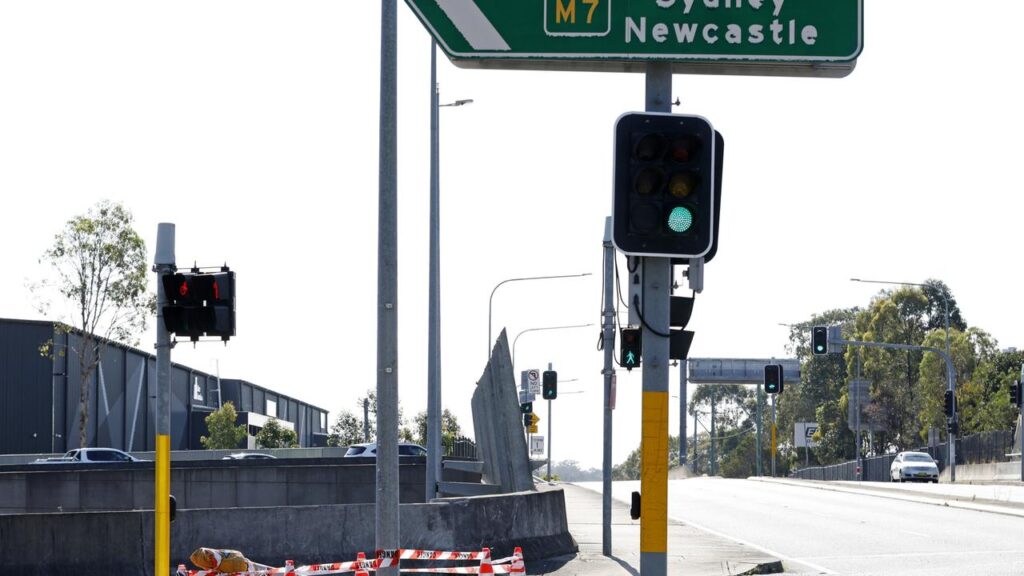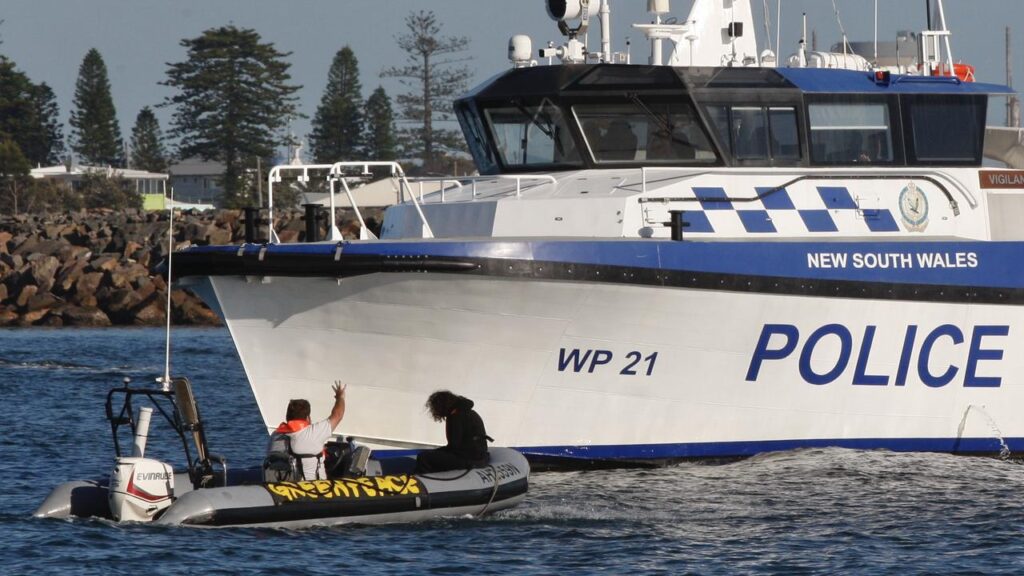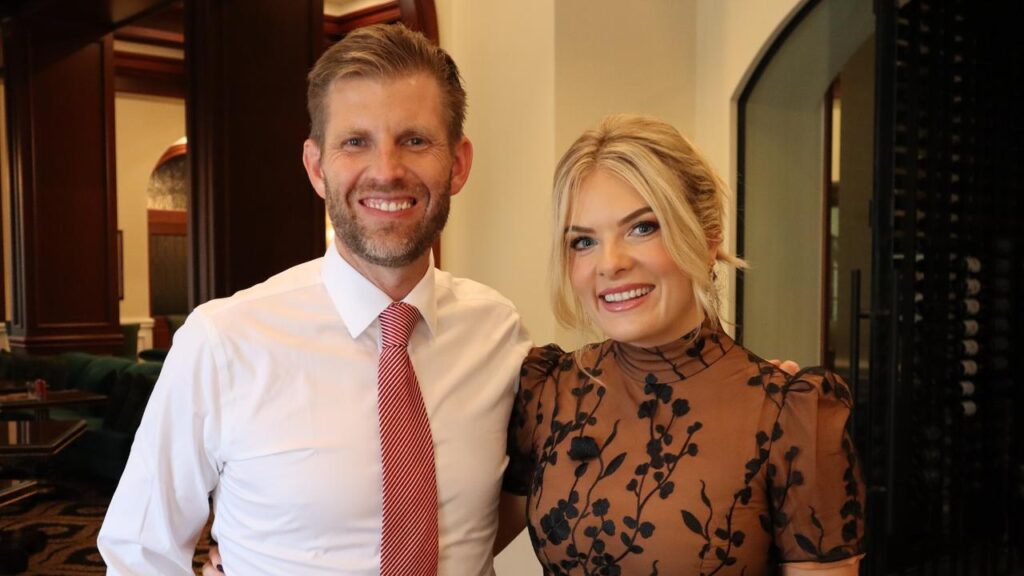1 in 4 DV victims not given critical help
Written by admin on September 5, 2024
Critical frontline services are at capacity and turning away domestic violence victims at their most vulnerable, with advocacy groups calling for more government funding from a crucial meeting of national cabinet.
Friday’s meeting with the Prime Minister, premiers and chief ministers will discuss prioritising policy related to the government’s commitment to end violence against women and children in one generation.
The federal government is expected to put a $351m package on the table, with a further $351m to be contributed by the states and territories based on their populations, the ABC reported.
Subject to agreement, it would extend the current arrangements to support frontline services.
Homelessness Australia’s chief executive Kate Colvin says more funding is needed for accommodation to ensure victim-survivors aren’t turned away and either forced into returning to their perpetrator or into homelessness.
“Lack of access to a safe home and support, increases women’s and children’s risk of experiencing harm or death,” she said.
New analysis from the peak body revealed domestic violence victims’ access to homelessness support services had worsened in the past five years.
In the 2022-23 financial year, nearly one in four (23.1 per cent) in need of short-term or emergency accommodation had missed out on services.
In 2017-18 that figure was at 20.8 per cent.
The figures were more bleak for people seeking long-term housing with more than seven in 10 people (71.1 per cent) unable to access services, another increase on it 65.3 per cent which was reported in 2017-18.
Ms Colvin said the government must prioritise its funding to ensure victims fleeing perpetrators could get the critical help they needed.
“These are women and children who have fled a violent situation only to find there’s nowhere safe to go,” she said.
“When almost one in four of those needing short-term, emergency housing are left in the lurch, Australia must surely reconsider its priorities.”
Legal Aid has also called for a funding injection of $317m to allow more people to have access to critical frontline services.
Although it provides more than 32,000 family law grants of aid and 14,000-plus duty lawyer services for domestic violence a year, people were being turned away due to capacity limits.
“We urge the government to provide critical additional legal aid funding by December … to ensure domestic violence victims never have to be turned away,” national Legal Aid executive director Katherine McKernan said.
NSW-based Legal Aid domestic violence unit senior solicitor Melanie Alexander said demand on services had drastically increased “on a daily basis”.
“I have noticed women presenting with more and more complex issues – often requiring help with an ADVO, as well as housing, debt and parenting issues. They need more of our time,” she said.
While resource-strapped services are calling for more support, the government is also substantially behind its election commitment to hire 500 frontline family, domestic and sexual violence workers.
An August update released on Monday revealed only 223 workers (or 198 full-time equivalent) staff hired in line with the promise had commenced in the sector, despite a commitment to have hired 352.43 full-time equivalent by June 30, 2024.
It’s understood Friday’s meeting will focus on measures to monitor high-risk perpetrators, more support of young Australians who have experienced, or been exposed to violence, and crucially, more funding for frontline services.
It will also consider the 21 recommendations made in a Rapid Review, which said domestic, family and sexual violence was not just a national crisis, but a “national emergency”.
Some of the recommendations included creating a specific Medicare item number for GP consults related to domestic violence, restrictions on alcohol sales and delivery, and restrictions which would lead to a total ban on gambling ads at a Commonwealth level.
It also called for the explicit prioritisation of the needs of Aboriginal and Torres Strait Islander peoples, and engagement with men and boys to develop to health masculinities,” plus other violence prevention programs.
Ahead of the meeting, Prime Minister Anthony Albanese committed to an “all hands on deck approach”.
More Coverage
“We want all violence against women and children to stop, and we won’t be satisfied until it stops,” he said.
“I am looking forward to meeting with first ministers and continuing our work, and I expect this meeting will start to deliver on commitments made at national cabinet in May.”
According to Counting Dead Women, 47 women have died in 2024 due from gendered violence, with 39 deaths recorded in the same period in 2023 before that number reached 64 by December 31.






